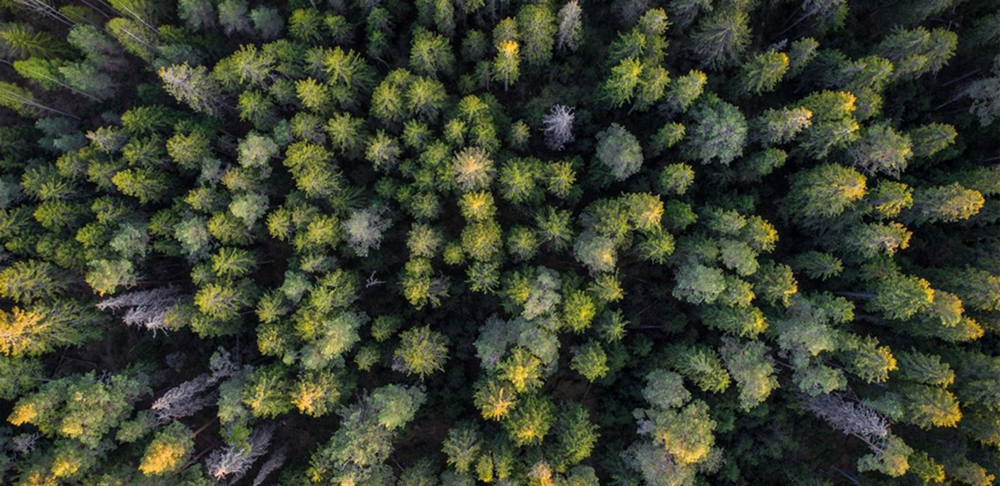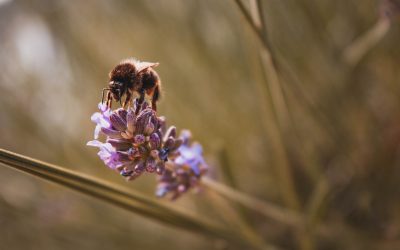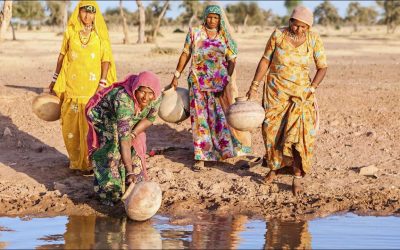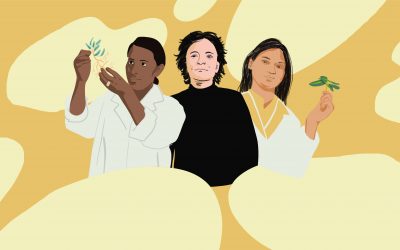Forests are among our main allies in the fight against climate change. The most effective way to remove part of the greenhouse gases from atmosphere and avoid to undermine the habitability of several areas of our planet is to preserve these precious ecosystems. However, if forests are struggling we are the culprits. In other words, we are sawing the branch we sit on.
Deforestation and habitat fragmentation, together with an anthropic-driven increase in global temperatures are at the root of forests decline. The main threats are a land cover change from forest to agriculture, the slash and illegal trade of forest products, fires and urban development.
According to the FAO Forest Resource Assessment, in 10 years we lost forests for 940 thousand square kilometers, an area as big as the entire Egypt. With this increasing rate, this is a deforestation that might wipe off 60% of Amazon forest, the green lung of the Earth. More alarming news arrive from Madagascar, which boasts one of the widest spiecies variety all over the world and that has already lost 80% of its primary forest. WWF data show how the island, at this rate, will lose its entire forest within 40 years. But these are only a small part of the most worrying data highlighted by scientists. Let us have a look at what happened this very last year. 2019 was a tragic year for forests. It was the year of wildfires in the Amazon, in Australia, in the Canary Islands and, before, in Siberia, Alaska, Greenland, Angola and Congo. In Australia the fire related numbers are catastrophic: 10 million hectars destroyed, 1 billion wild animals killed or severely injured and more then $4,4 billion in economic damages.
Why are forests important?
Forests cover an area of almost 4 billion hectars, more than 31% of world landmass, and they have an irrepleceable role at biological and economic level. In fact, forests increase hydrogeological safety, mitigate floods impacts, reduce landslides by strengthening the soil, prevent aridity, erosion, desertification and protect from extreme heat waves.
Forests not only host 80% of our world biodiversity, provide fresh water and clean air, food and beauty but, thanks to their capability to absorb carbon dioxide emissions, play a very fundamental role in fighting climate change. Forest are extraordinary allies and can make the difference in making the land safer and more resilient.
According to a recent research by ecologist Tom Crowther, from technical university of Zurich (ETH), the carbon levels we could potentially restore if we plant 1,2 billion trees, or, at least, if we let them grow, would be much higher if compared to any other actual solution adopted in fighting climate change. Hence, plant trees is the most effective and successful solution we have to save us and the planet we live in.
Of course, to respond to climate emergency, planting trees will not be sufficient but we are asked to radically change our lifestyles; otherwise not even the big pluvial ecosystems of the planet would survive climate change impacts. We need to reduce wastes, resort to renewable energy and make transport system more efficient, all actions that require time.
Nowadays, some governments and several companies promise to compensate their emissions by planting trees, talking about compensation measures that often prove to be only marketing tools. Clearly, countries are responding with guilty sluggishness and committments made by far are not enough if we want to reach 2030 in non unrecoverable conditions.
An average tree that grows up in a natural context has a potential for absorption between 20 and more than 50 kg of CO2 per year and can make the difference. Let’s plant it!
Andrea Scialabba
President of Kukula
Bees, flowers and intensive agriculture
The bee is an extraordinary animal. Leaning out...
Women in leadership: Achieving an equal future in a COVID-19 world
08 MARCH –Today, in occasion of the...
Science is also “girl stuff”
In some fields more than others, gender gap is...




